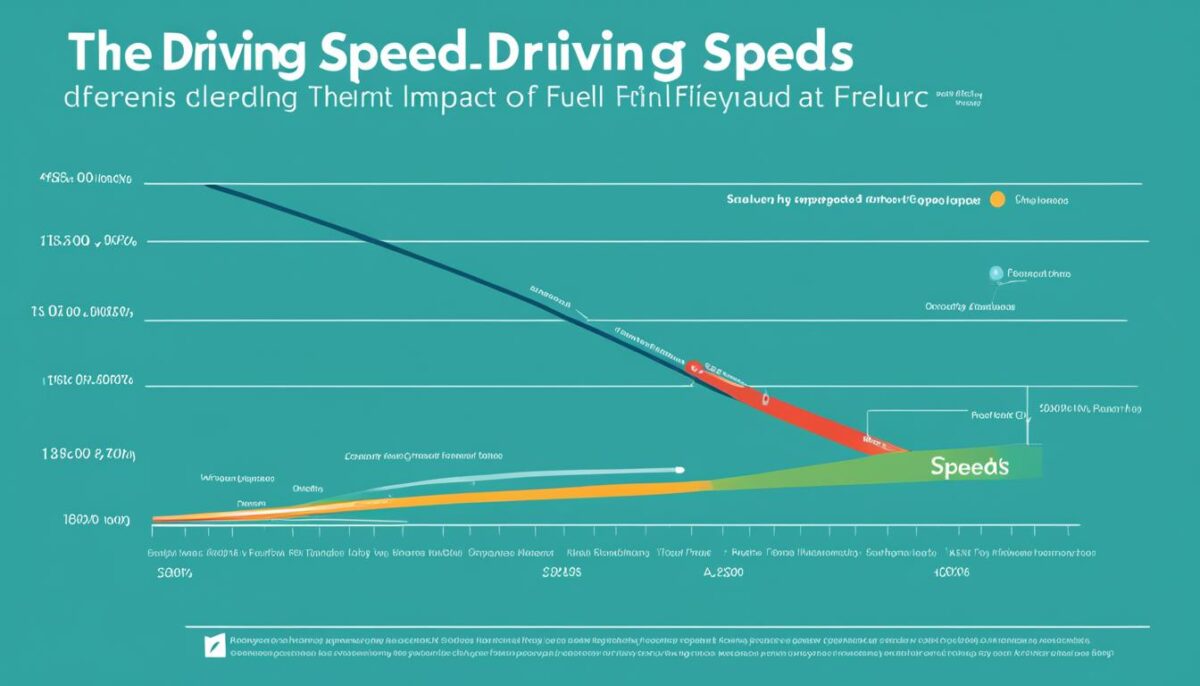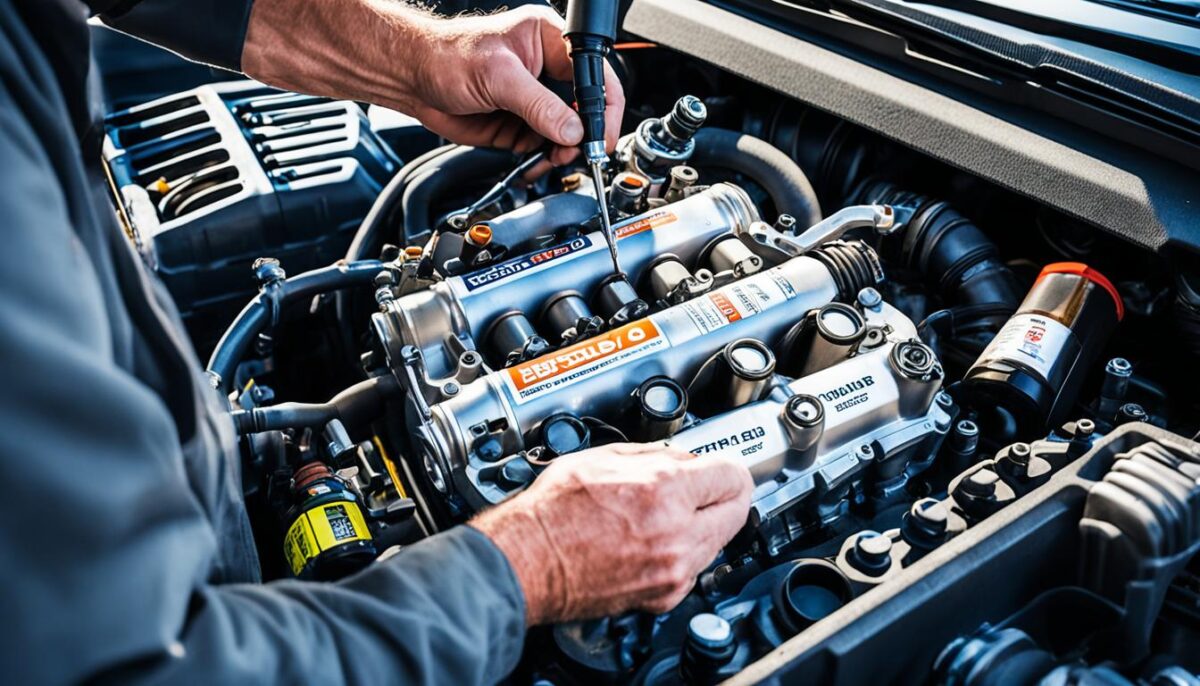In today’s world, rising fuel costs are a concern for many of us who own a Ford F-150. When it comes to optimizing our truck’s performance, improving fuel efficiency is not just about saving money; it’s about making our driving experience smoother and more sustainable. We know that enhancing F-150 fuel efficiency can lead to significant cost savings over time, allowing us to get the most out of every gallon. Throughout this article, we will explore various factors influencing fuel consumption, practical tips to improve mileage, and the latest technological innovations designed explicitly to maximize F-150 performance.
Understanding the Factors Affecting F-150 Fuel Efficiency
When we consider our Ford F-150’s fuel efficiency, several key elements can influence how we use fuel on each drive. Understanding these factors affecting fuel efficiency helps us make informed choices to optimize our vehicle’s performance.
Engine Type and Its Impact on Consumption
The choice of engine type plays a significant role in fuel consumption. Our F-150 can be equipped with different engine types, such as V6 or V8 configurations. Generally, V6 engines are more fuel-efficient, often providing better mileage than their V8 counterparts. Engine power output and torque directly correlate with how much fuel is consumed. Evaluating our engine type can help us understand its impact and improve our overall fuel economy.
Tire Pressure: A Simple Way to Optimize Performance
Maintaining optimal tire pressure is one of the easiest ways to enhance performance and fuel efficiency. Under-inflated tires can reduce fuel efficiency by up to 3%. Regular checks can alleviate this issue. We can use a tire pressure gauge to ensure our tires are inflated to the recommended levels. By practicing tire pressure optimization, we contribute to better mileage and a smoother ride.
Weight Considerations: How Cargo Influences Fuel Economy
The cargo weight we carry has a direct impact on fuel economy. Overloading our F-150 not only strains the vehicle but also decreases MPG (miles per gallon). Awareness of the cargo weight impact helps us optimize our loading practices. Proper weight distribution is essential for maintaining balance and enhancing fuel effectiveness. Ensuring we stay within the recommended weight limits keeps our vehicle performing at its best.

| Factor | Impact on Fuel Efficiency |
|---|---|
| Engine Type | V6 engines typically offer better mileage compared to V8 engines. |
| Tire Pressure | Under-inflated tires can reduce fuel efficiency by up to 3%. |
| Cargo Weight | Exceeding recommended weight limits can significantly decrease MPG. |
Practical Tips to Enhance Your F-150 Fuel Efficiency
Improving our Ford F-150 fuel efficiency involves a combination of consistent maintenance, mindful driving habits, and thoughtful modifications. By adopting these strategies, we can enjoy better mileage while ensuring our truck functions optimally.
Regular Maintenance for a Smooth Ride
Staying on top of routine vehicle maintenance is essential for enhancing fuel efficiency. Regular oil changes, air filter replacements, and spark plug inspections all contribute to optimal engine performance. Following recommended service intervals helps prevent issues that could hinder efficiency. We should consult our owner’s manual for specific guidelines on maintenance timing to maximize our F-150’s fuel economy.
Driving Habits That Save Fuel
Our driving style can significantly impact fuel consumption. Adopting fuel-saving driving habits enhances our overall mileage. Here are some effective practices to consider:
- Accelerate gently and avoid sudden braking.
- Maintain a steady speed, ideally using cruise control on highways.
- Limit idling time and shut off the engine when parked for extended periods.
- Be mindful of speed; higher speeds generally consume more fuel.
Modifications to Consider for Better Mileage
Performance modifications can help improve fuel efficiency without sacrificing power. We might explore options such as:
- Installing a cold air intake system to enhance air flow to the engine.
- Upgrading the exhaust system for better exhaust flow.
- Utilizing programmable engine chips that optimize performance settings.
Each modification should be carefully considered for its potential impact on both performance and fuel economy, ensuring we make informed decisions.

| Maintenance Task | Recommended Interval | Impact on Fuel Efficiency |
|---|---|---|
| Oil Change | Every 5,000 – 7,500 miles | Improves engine performance |
| Air Filter Replacement | Every 15,000 – 30,000 miles | Enhances airflow, increasing efficiency |
| Spark Plug Inspection | Every 30,000 miles | Ensures proper combustion |
Exploring Technological Innovations for Better F-150 Fuel Efficiency
As we navigate the ever-evolving landscape of fuel-efficient technology, it’s exciting to see how Ford F-150 innovations are transforming how we think about performance and economy. One of the standout features in recent models is the EcoBoost technology. This remarkable advancement combines direct fuel injection with turbocharging, allowing us to enjoy greater power without sacrificing fuel efficiency. By optimizing engine performance, we can experience a spirited drive while keeping our fuel consumption in check.
In addition to EcoBoost, Ford has introduced smart fuel management features that adjust engine performance automatically based on varying driving conditions and load. This means that whether we are towing heavy equipment or cruising down the highway, our F-150 will consistently deliver optimal performance while maximizing fuel efficiency. Such advancements make a noticeable difference, enhancing our driving experience without causing us to worry about frequent pit stops at the gas station.
Lastly, the incorporation of lightweight materials in the F-150 design is another significant stride towards improving fuel economy. These materials reduce the truck’s overall weight while maintaining its durability and capability, encouraging us to drive comfortably with less fuel consumption. By embracing these innovative technologies, we not only benefit from economic savings but also contribute positively to the environment, living up to the true spirit of responsible driving.



